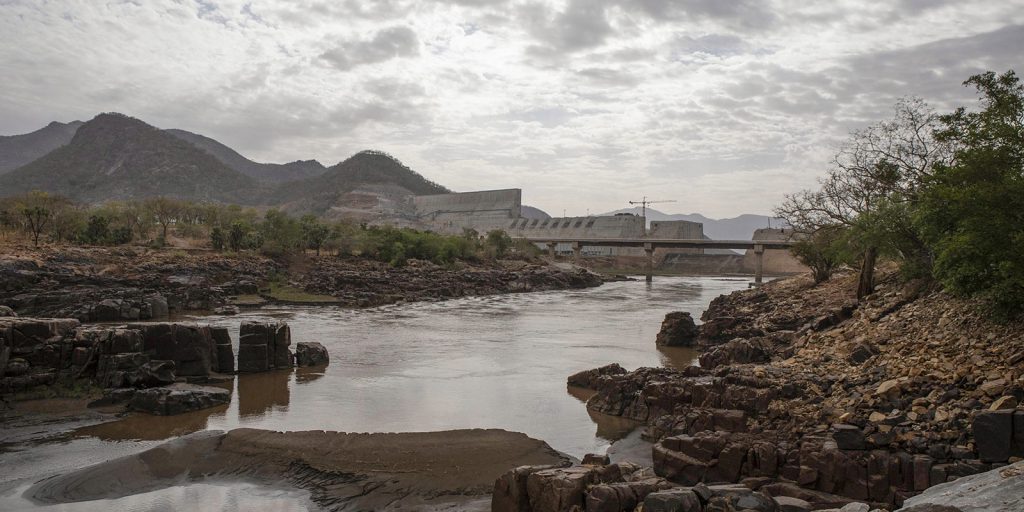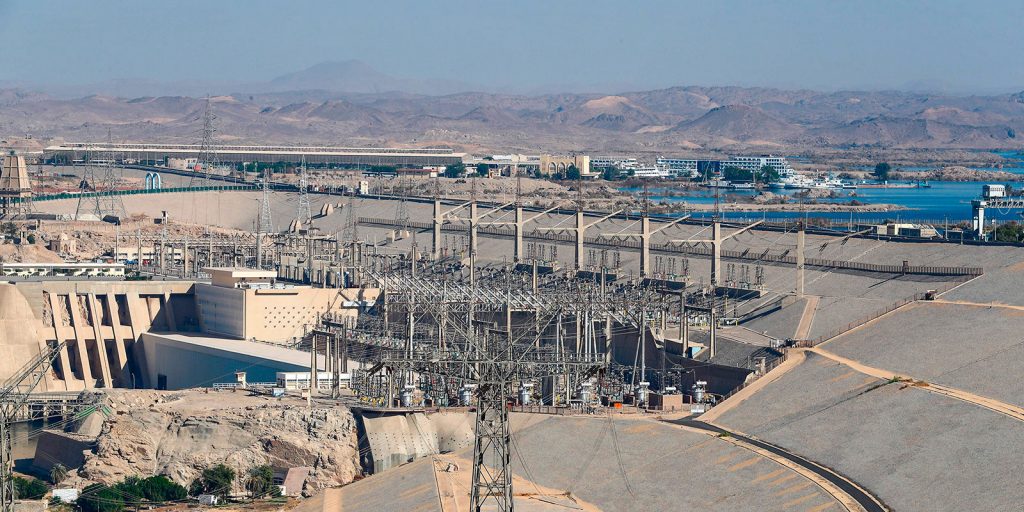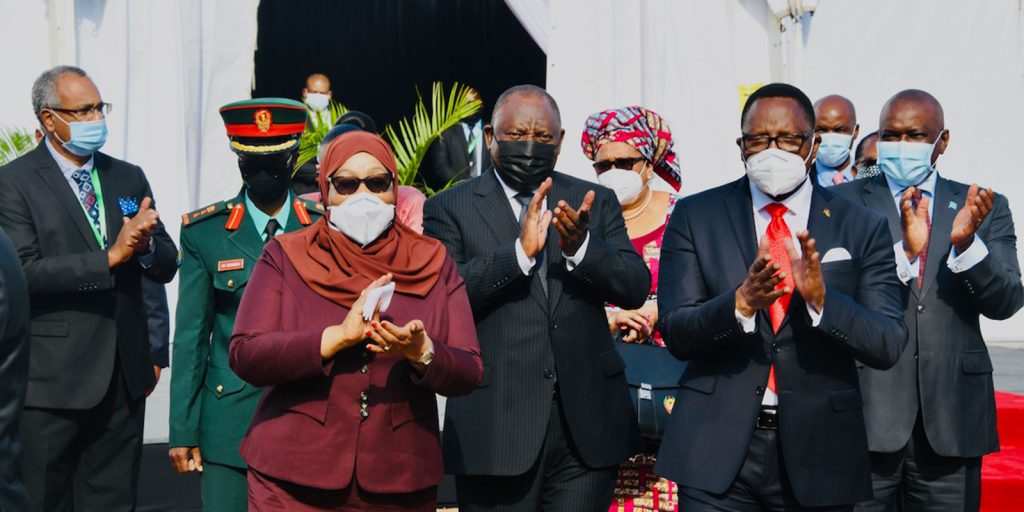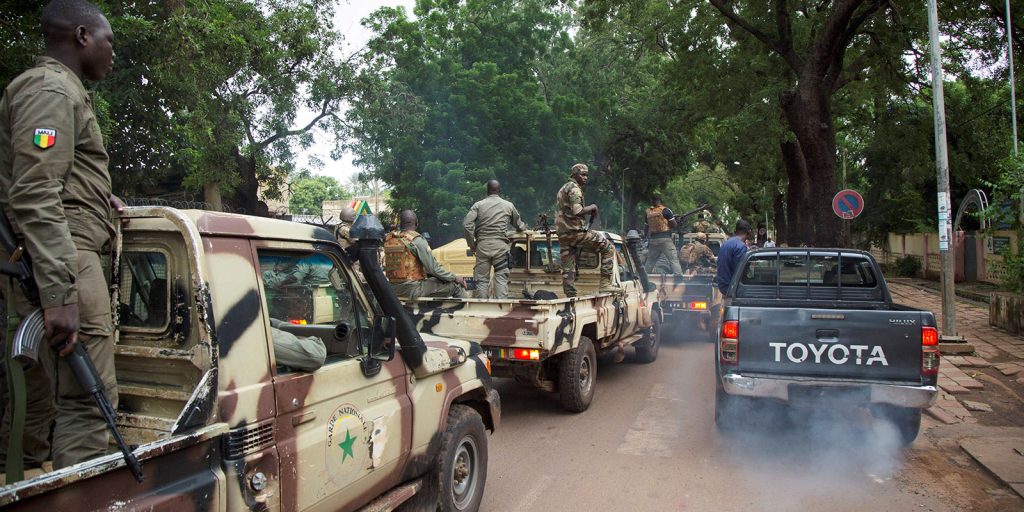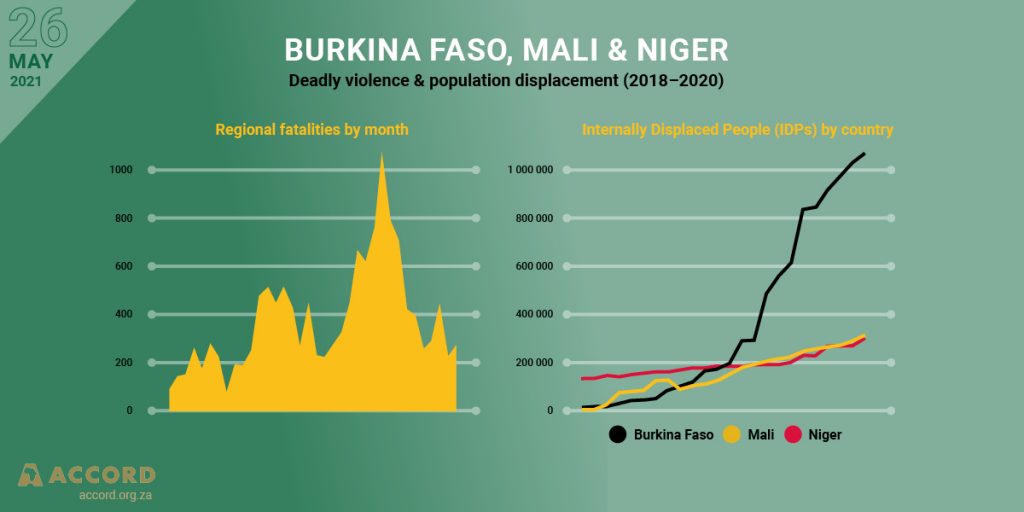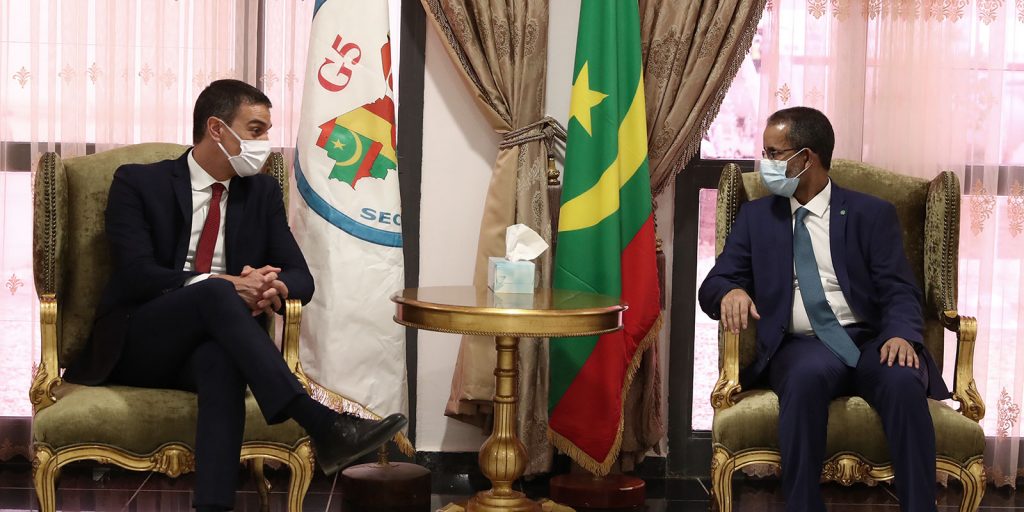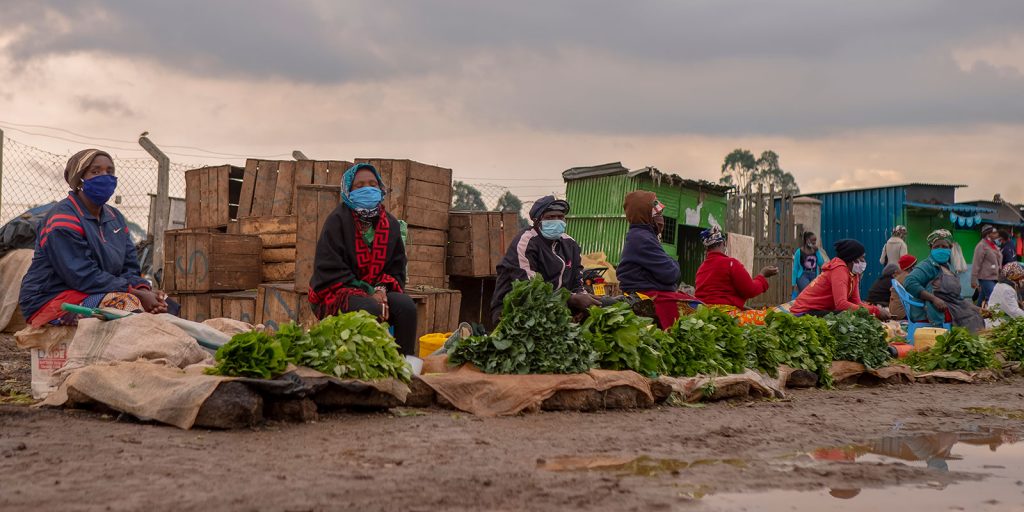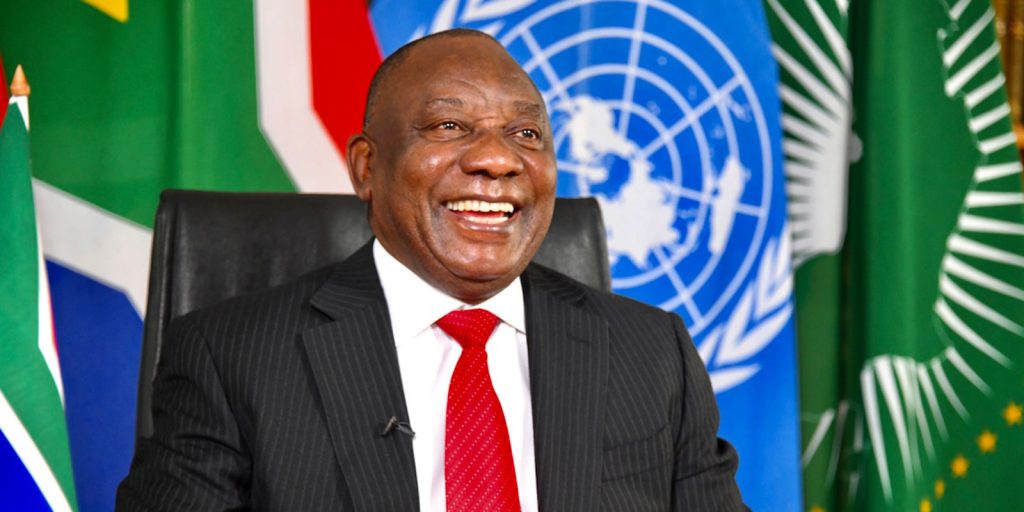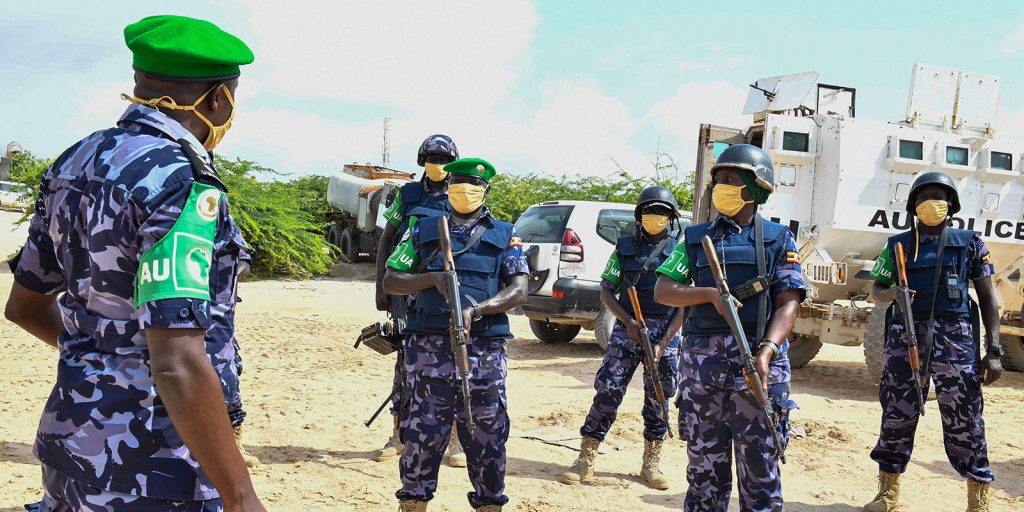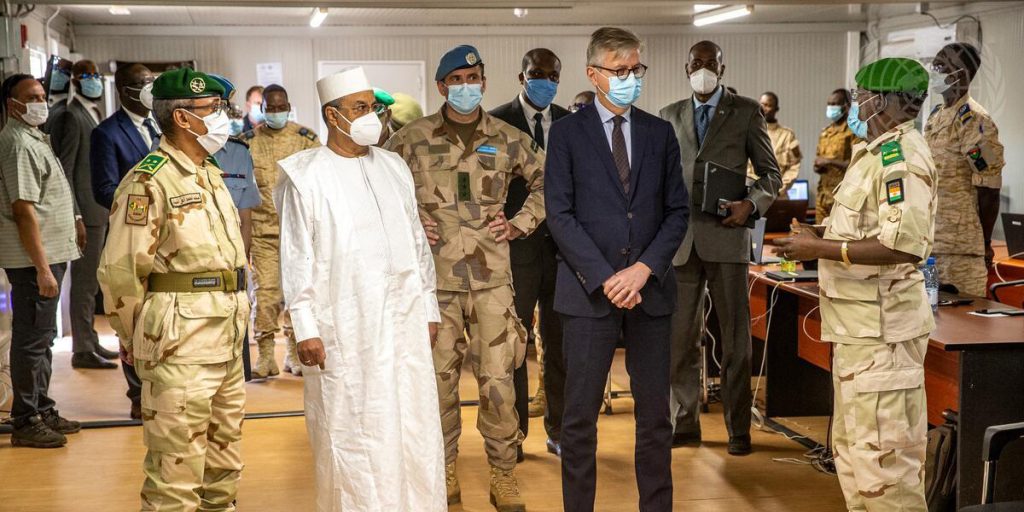
A crowded place with few solutions: old and new players in the geopolitics of the Sahel
From a general perspective it can be said that every actor in the Sahel is walking on a tight rope trying to achieve limited objectives, without remaining stuck in the many complexities of the local political milieu.

